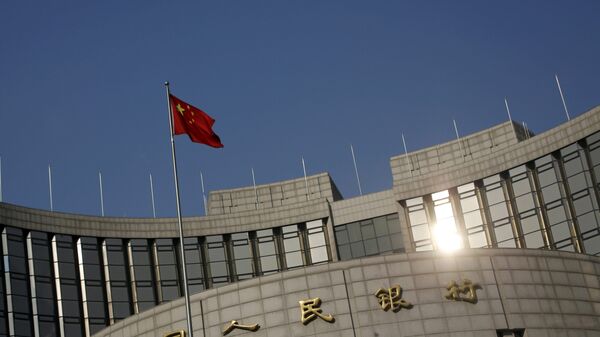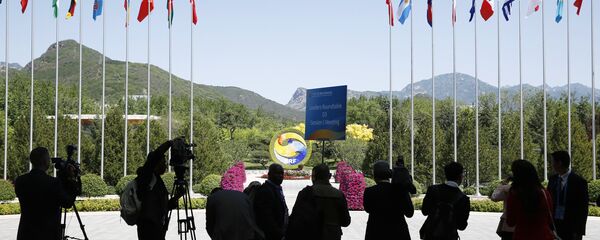Kristian Rouz – Governor of Mainland China’s central bank says he expects the economy to continue its momentum into the second half of the year through to year’s end.
So far this year, accommodative monetary policies and loosening of the central government’s regulation have driven domestic investment, whilst Beijing has succeeded in containing the forming asset bubbles in the property market.
The Chinese economy has stabilized this year, yet, macroeconomic data suggests it is still on track for its weakest growth in decades. Mainland China is starting to experience problems characteristic of advanced economies, including feeble inflation coupled with a sold labor market.
However, the People’s Bank of China (PBoC) governor Zhou Xiaochuan says China’s economy grew by 6.9 percent year-to-year in Q2, both imports and exports have increased, whilst the foreign trade surplus has narrowed, and fiscal revenues continued their growth.
Narrowing its foreign trade surplus is one of the key requirements to China from the US if Beijing wants this profound trade relationship to continue and avoid President Trump’s border tax of 35 percent on Chinese-made goods.
"Growth in China is very strong," IMF's Asia and Pacific deputy director Markus Rodlauer said. "There's no need for expansionary fiscal and monetary policies."
Governor Zhou said mainland China is looking to pursue a more aggressive fiscal policy, whilst on the monetary side, the PBoC will exercise a macro-prudential approach, which means it will refrain from sharp interest rate hikes or cuts, abstain from large-scale asset purchases, and focus on regulation and surveillance over commercial banks.
This means a narrower influx of central bank money liquidity into the economy.
"While large enterprises may have sufficient cash flows to whether the supply shock, small companies are likely to need financial assistance," Yao Wei of Societe Generale SA in Paris said.
Mainland China’s “shadow banking” has been a massive problem since at least 2013, and tens of trillions of renminbi have been lent and borrowed ever since, bypassing the PBoC’s rules. The real volume of the mainland’s internal debt in unknown, meanwhile, “shadow banking” lending far exceeds official lending due to PBoC’s higher interest rates, currently at 4.35 percent.
Zhou also said the PBoC will bolster its surveillance and regulation of the overvalued property market in order to stave off future risks of asset bubbles.
He observed that in September, Chinese banks extended more loans than previously anticipated, as residential real estate buyers, and corporate borrowers increased their demand for borrowed liquidity. This despite the central government tightening its regulations on the most common borrowing practices in attempts to prevent the economy from excessively relying on cheap borrowed money.
"We expect that the authorities can and will maintain a sufficiently expansionary macro policy mix to meet their policy target of doubling 2010 GDP by 2020," IMF's Asia and Pacific director Changyong Rhee said. "However, as this expansionary policy comes at the cost of a further large increase in debt, it also implies that there's more downside risk in the medium-term due to this rapid credit expansion."
PBoC’s Zhou says rising debt levels will support broader economic expansion, which may pick up the pace by early 2018.






